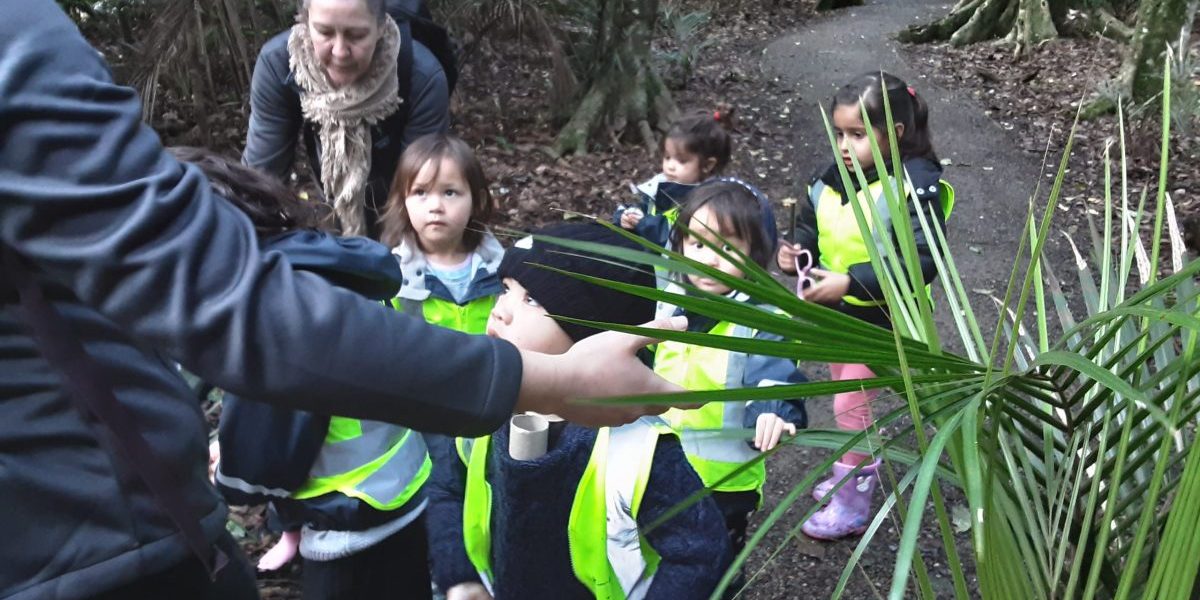From improved concentration to higher emotional resilience and better mental and physical health, nature plays a critical role in the early childhood.
In this blog, we look at the advantages of getting your child closer to nature in their formative years.
- Physical health: Spending time outdoors encourages physical activity, such as running, climbing, and exploring, which contributes to children’s overall fitness and helps prevent childhood obesity.
- Mental wellbeing: Nature has a calming effect on children, reducing stress, anxiety, and symptoms of attention deficit hyperactivity disorder (ADHD). Time spent in natural environments promotes relaxation and boosts mood. It also helps develop emotional resilience and self-regulation skills.
- Cognitive development: Outdoor play stimulates children’s cognitive development by providing opportunities for problem-solving, creativity, and critical thinking. Nature-based activities engage children’s senses and encourage curiosity and exploration.
- Sensory development: Nature offers a rich sensory environment that stimulates children’s senses of sight, sound, touch, smell, and taste. Exploring natural textures, colors, and patterns enhances sensory processing and perceptual skills.
- Social skills are fostered via outdoor play that typically requires social interaction, cooperation and teamwork among children.
- Environmental awareness and promotion of responsible stewardship of natural resources.
- Improved curiosity and inquiry via observations and seeking answers through hands-on experiences.
- Higher concentration and focus as nature can reduce mental fatigue and improve attentional capacity, especially in natural environments with diverse sensory stimuli.
- Connection to place and community by spending time in local parks, nature reserves and green spaces Children develop a sense of place identity and pride in their local environment.
- By fostering a meaningful relationship with the natural world from a young age, children develop the skills, values, and attitudes needed to thrive as individuals and contribute to a sustainable future for generations to come.
- How can children connect with nature, particularly in early years of their life?
- Outdoor exploration: Encourage children to spend time outdoors exploring natural environments such as parks, forests, beaches, or gardens. Allow them to roam freely, observe wildlife, and engage with the natural elements. Regular nature walks are a great way to explore the outdoors.
- Nature-based play, including climbing trees, building forts, or playing in streams. Nature-based play fosters creativity, imagination and physical development while deepening children’s connection to the natural world.
- Gardening teaches children about the life cycle of plants, encourages responsibility, and fosters a sense of stewardship for the environment.
- Nature-inspired arts and crafts encourage creativity and imagination while incorporating natural elements into their artwork.
- Nature journaling to record their observations, sketches, and reflections about the natural world. Nature journaling promotes mindfulness, curiosity, and scientific inquiry.
- Participation in outdoor sports
- Create nature rituals that involve spending time in nature, such as weekly nature walks and seasonal camping trips.
By incorporating these nature based learnings, parents and caregivers can nurture children’s innate curiosity and love for nature while fostering a lifelong appreciation for the environment.




